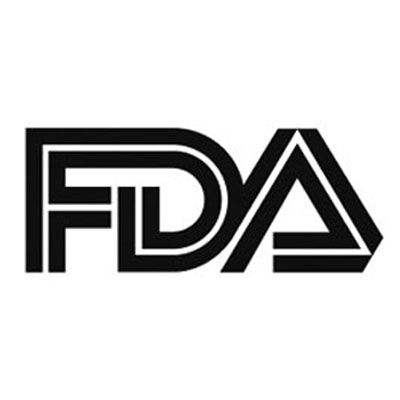FDA Accelerates Approval of Sacituzumab Govitecan in Locally Advanced or Metastatic UC
An accelerated approval was granted by the FDA to sacituzumab govitecan for the treatment of patients with locally advanced or metastatic urothelial cancer who previously received a platinum-containing chemotherapy and either a PD-1 or PD-L1 inhibitor.

An accelerated approval was granted by the FDA to sacituzumab govitecan (Trodelvy) for the treatment of patients with locally advanced or metastatic urothelial cancer (mUC) who previously received a platinum-containing chemotherapy and either a PD-1 or PD-L1 inhibitor.1
Data from the phase 2 TROPHY-U-01 trial (IMMU-132-06; NCT03547973) clinical trial served as the basis for the approval after sacituzumab govitecan achieved a confirmed objective response rate (ORR) of 27.7% (95% CI, 19.6%-36.9%). Responses observed with patients in the study included complete responses in 5.4% and partial responses in 22.3%. Responses were also durable with the median duration of response (DOR) being 7.2 months (95% CI, 4.7-8.6; range, 1.4+ to 13.7) with sacituzumab govitecan.
In the study, the use of sacituzumab govitecan was evaluated in 112 patients with locally advanced or mUC who received prior treatment with a platinum-containing chemotherapy and either a PD-1 or PD-L1 inhibitor. The study followed a Simon 2-stage design and was 90% powered to reject the null hypothesis of an ORR of 12% or less. The agent was administered to patients at 10 mg/kg intravenously, on days 1 and 8 of a 21-day cycle.1,2
Prior results from IMMU-132-01 showed an ORR of 31%, a median progression-free survival (PFS) of 7.3 months, and median overall survival (OS) of 16.3 months. The agent also appeared to have an acceptable safety profile.
Of the patients enrolled in the study, the median age was 66 years, with 23% of patients being 75 years of age or older. Notably, 78% of the population was male and 74% of patients were White. An ECOG performance status of 0 was observed in 28% of the population, and 72% had an ECOG performance status of 1. In terms of metastatic site, 62% of patients had visceral metastases, 40% had lung metastases, 28% had liver metastases, and the remaining 12% had other sites of metastatic disease.
Final analysis data showed that 14% of patients continued to receive treatment with sacituzumab govitecan after data cutoff. Most of the treatment discontinuations (66%) were related to disease progression. Discontinuation due to toxicity was also observed in 7% of patients. In addition, 3 percent of patients withdrew consent, and 3% died. The median time on treatment was 3.7 months.3
In terms of safety, the most common adverse events (≥25%) reported with the agent include neutropenia, nausea, diarrhea, fatigue, alopecia, anemia, vomiting, constipation, decreased appetite, rash, and abdominal pain.
Sacituzumab govitecan is a Trop-2–directed antibody-drug conjugate. Approval of the agent was based upon the impressive tumor responses and DOR. For continued approval of this indication, the efficacy and safety of sacituzumab govitecan must be verified in the confirmatory phase 3 TROPiCS-04 trial (NCT04527991).
TROPiCS-04 is a study of approximately 482 patients with locally advanced and resectable or mUC who have progressed following platinum-based chemotherapy and checkpoint inhibition. Those enrolled in the study are randomized to either sacituzumab govitecan 10 mg/kg on days 1 and 8 of each 21-day cycle or physician’s choice of chemotherapy. The chemotherapy agent used include docetaxel at 75 mg/m2, paclitaxel at 175 mg/m2, or vinflunine at 320 mg/m2. The primary end point of the trial is OS, and the key secondary end points are PFS, ORR, DOR, and quality-of-life.